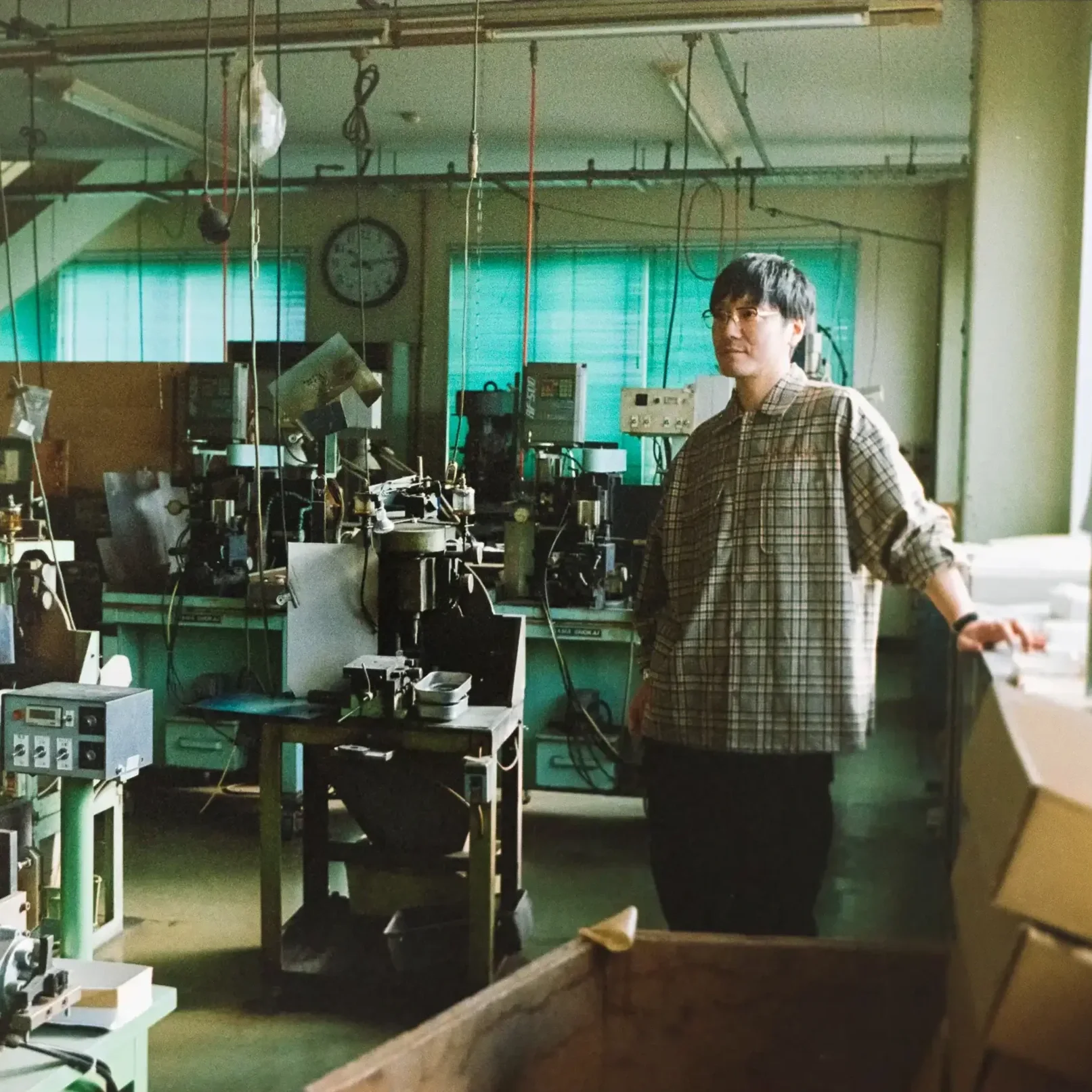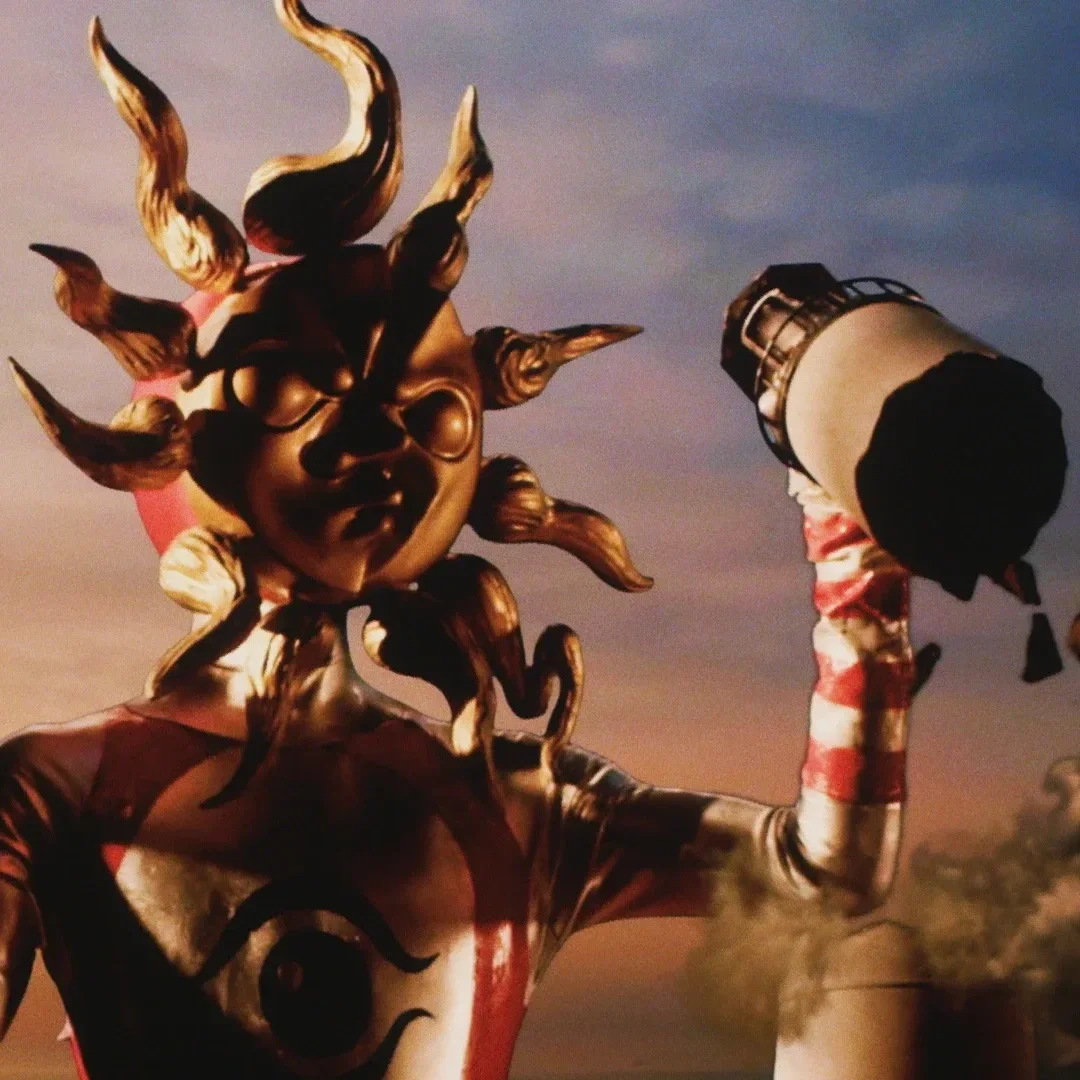The Freedom to Grieve in Banana Yoshimoto’s Writing
© Banana Yoshimoto
Though Banana Yoshimoto’s wildly popular debut novel, Kitchen (キッチン)—a story about grief, loneliness, and contemporary life in Japan—made her into an international sensation, her subsequent writing explores an often hidden, but equally complicated human experience: the bubbling well of anger that grief can open up and how, if at all, we ought to express it.
Many of Yoshimoto’s characters are young women grappling with the loss of a loved one. In Kitchen, Mikage grieves the death of her grandmother; in The Lake (みずうみ), Chihiro grieves the death of her mother. In several of her short stories, too, Yoshimoto’s characters are haunted by deceased friends and family—sometimes, even, the deaths of those they have no connection to, as is the case in her short story, “House of Ghosts,” when a woman encounters the ghosts of an elderly couple living in her boyfriend’s apartment. These ghosts seemingly have no idea that they are dead; the woman, in their eyes, might actually be the intruder. “Ghosts probably lived in ghost time — time that flowed in its own strange way, somewhere completely removed from our own,” Yoshimoto writes. “Couldn’t mixing in it, even just a little, sap you of some of the vitality you needed to live in this world?”
Mahoko Yoshimoto, Shōjo literature, and Rising Political Tensions
Banana Yoshimoto was born Mahoko Yoshimoto in 1964 in Tokyo, Japan, during a period of political and social unrest, later adopting the nickname BANANA, or ばなな, in the 1980s. Her father, Takaaki Yoshimoto, was an outspoken critic of Japan’s conservative politics and widely recognized as one of the founding members of the country’s New Left Movement, or shin-sayoku: a series of protests that started in 1959 when Japanese leftists opposed the United States-Japan Security Treaty and ended in the late 1960s with the Zenkyoutou, a loose federation of grassroots student organizations that were anti-government and anti-Japanese Communist party radicals. “Consequently, I grew up in a fairly liberal household,” Yoshimoto remembers, “[and] in high school, I even moved in with my boyfriend!” But when asked whether her father’s political legacy, including his wide oeuvre of poetry, had any direct influence on her own writing, Yoshimoto answers: “I learned the way of working from him. And also the attitudes toward work and people.”
Much of Yoshimoto’s work has been categorized as shoujo, a genre of writing geared toward young women and girls with a focus on coming-of-age themes and adolescent innocence. An ardent fan of manga and anime herself—her sister, Yoiko Haruno, grew up to become a popular manga artist—Yoshimoto’s writing is imbued with the conventional entanglements of the genre while also serving as a direct challenge against popular criticism that shoujo is merely highly-consumable, “throw-away” literature. In Moonlight Shadow (ムーンライト・シャドウ), for example—Yoshimoto’s undergraduate thesis and novella often anthologized along with Kitchen—her two protagonists, Satsuki and Hiiragi, develop a deep friendship after each of their respective partners dies in a devastating car accident. Their youth, rather than a springboard for happiness and naïveté, serves as the blank slate onto which a tragic event—a death, a loss, or in this case, a traumatic accident—regrettably mars the surface of. “This is not a simple and rapid process,” writes Veronica de Piera, a Yoshimoto scholar, “but a painful and hard path to cover instead; a demanding challenge, a major toll on the protagonist’s emotional development but necessary in order to take over the reins of [one’s] life again.”
These struggles, however, exist in Yoshimoto’s novels and stories not to depress her audience, but to legitimize the experiences of young girls—a demographic that so often was subject to kawaisa, or characterizations of cuteness, during the years when Yoshimoto was first publishing her work. Instead, what Yoshimoto offers is a sense of hope and nostalgia. Her characters have no other choice but to move through their grief; on the other side of their pain, they are rewarded not with any precious feeling of resilience, but with the simple fact that they had moved through something and survived it. “Yet at all costs I had to keep my hands and body and mind moving,” reflects Satsuki in Moonlight Shadow. “Doing that, I hoped, albeit listlessly, would somehow, someday, lead to a breakthrough.”
Moonlight Shadow│© Banana Yoshimoto
Yoshimoto’s Grief, Anxiety, and Hope For The Future
After graduating from Nihon University’s College of Art with a degree in literature, Yoshimoto waited tables at a golf club restaurant and wrote prolifically; Kitchen, published in 1988 and later translated into English in 1993, was her earliest recognized work, having received several accolades both inside and outside Japan and later adapted into film by Morita Yoshimitsu in 1990. It is important to note that during this time, too, Japan was experiencing what would become known as its “Bubble Economy”: a several-year period marked equally by its economic success as it was by its economic downfall. Inflated asset and land prices, combined with the country’s desire to internationalize and become a global power, allowed those coming of age during the late 1980s (later dubbed “The Bubble Generation”) to explore their individuality, benefitting from decreased social pressures to conform with traditional values and increased access to luxurious, affluent lifestyles.
It was in this environment that Yoshimoto started writing stories about urban existentialism, or in her own words: “the exhaustion of young Japanese in contemporary Japan.” In The Premonition (哀しい予感), published in 1988 and later translated into English in 2023, Yayoi—a nineteen-year-old university student living with her family—slowly starts feeling that she has forgotten something important from her childhood. Her growing anxiety and discontent juxtaposed against her life as the daughter of seemingly perfect parents (her father is a doctor, and her mother is a nurse) leads to her having premonitions, or “hauntings,” of a potentially parallel life she might have lived.
Only when she moves in with her mysterious, music-teacher aunt does she start to piece together a past that ultimately allows her the freedom to finally move forward into the future. Yayoi narrates: “A sudden rustling in your chest. A premonition of understanding. You feel you might be on the verge of uncovering something . . . You’re a little fearful, oddly excited, and somehow forlorn . . . Like there’s something coming around the next corner that’s going to turn everything you know about yourself on its head.”
Though some categorize Yoshimoto’s work as feminist simply for its focus on female protagonists, it is more accurate to define her writing as that which prioritizes young people’s feelings of anger and anxiety more generally; their grief, as both an experience and an emotion, is deserving of unabashed, uninhibited expression. But unlike many of her contemporaries whose novels use magical realism to enact fantastical escapes from everyday life (Haruki Murakami is notably one of her favorite writers and is often mentioned in the same breath), Yoshimoto seems to ask whether there are not two universes already in existence: that which we live in together and that which we live in alone—in our heads. “Don’t you find that it hurts?” Yoshimoto writes in her novella, The Lake. “Not letting even half of your emotions out?”
Kitchen│© Banana Yoshimoto
Writing Through Economic and Political Turmoil
This style of writing, however, attracted criticism. In a 1995 interview between The New Yorker’s David Remnick and Kenzaburo Oe–Nobel laureate and one of Japan’s most famous contemporary writers–Yoshimoto’s writing style is scrutinized for its so-called political apathy. “When I began working as a writer,” Oe says, “there was a great generation of independent thinkers—the postwar generation—but today the scene is empty.” To Oe, contemporary writers like Yoshimoto and Murakami appealed to “Japanese who are politically uninvolved and content to exist within a late-adolescent or post-adolescent culture.” Remember, Banana Yoshimoto’s father, Takaaki Yoshimoto, believed it was writers’ primary responsibility to reflect upon and critique the current political environment, and Yoshimoto’s predilection for “frivolous” stories about adolescent heartbreak, growth, family issues, and grief was seen as counterproductive to the cause. But Yoshimoto’s stories, while not directly political, were contextualized by her political and economic environment; the 1980s and 90s in Japan were some of the country’s most contentious years, and while not overt pleas for political or social change, her stories reflected a Japan in the throes of transition.
In 1989, right before Japan’s economic bubble burst, Yoshimoto published TUGUMI (Goodbye Tsugumi in the English translation)—a story about two cousins, Maria Shirakawa and Tsugumi Yamamoto, and their summer spent at the Yamamoto family inn. Tsugumi is ill with an unnamed disease, often lashing out in fever-induced tantrums and pulling devilish pranks on her family; Maria, in direct opposition, is more pragmatic and risk-averse. Only when Tsugumi crosses the line with an elaborately executed trick—she forges the handwriting of their grandfather, convincing Maria that his ghost is writing letters to her—does Maria finally yell at Tsugumi. It is the first and only time that Maria receives an apology, though as the summer unfurls and the two cousins spend more time together, we come to see Tsugumi’s anger not as an expression of hostility, but that of deep and unfettered love. “Yes, I really had been in a different world,” Maria remembers of that summer. “The ferocious energy Tsugumi gave off, the strong sunlight on the summer beach, the new friend I’d made . . . it had all blended together to create a space unlike any I’d ever been in.”
The Yamamoto Inn—a run-down hotel in a touristy seaside town—becomes a space wherein an extended family, each with their own traumas and grievances, is free to process their lives without interruption and, most importantly, without judgement. “Whenever you get something in this world, you lose something too—that’s just the way things work,” Tsugumi yells, berating Maria as they sit on the beach. “What more could you want? What’s an ocean compared to all that, Maria? You’re such a freaking child, you know that?” As they both turn back towards the ocean, Maria reflects: “Has she kept all this hidden from us? Is that really how she feels?”
In just the first few years of her writing career—from Moonlight Shadow to Kitchen to Goodbye Tsugumi—Yoshimoto seemed to cement for herself a lifelong pursuit in challenging the binary: Did being a good person necessarily mean being a quiet one? Could you be angry and unforgiving, deep within the throes of grief and transition, and still be a person worthy of compassion? What did it mean to exist in a sprawling metropolis, and what could a holiday in the countryside teach us, if anything, about taking time to process it all? “It struck me that family, work, friendships, and engagements—all of these were like spiderwebs placed to protect people from the more distressing colors that lurked within themselves,” Yoshimoto writes in her short story collection, “Dead-End Memories” (デッドエンドの思い出). “The more safety nets you had under you, the less far you had to fall, and if you were lucky you might live your entire life without even noticing what was below.”
© Banana Yoshimoto
“Just By Living In Reality, We Experience a Massive Jumble Of Things”
Yoshimoto would continue to publish over a dozen novels, novellas, and short stories all exploring this same unending pursuit: what does it mean to fully experience one’s emotions? “For me, I begin with a massive general image in my head,” Yoshimoto says in conversation with British musician Paddy McAloon, founder of the band Prefab Sprout and one of Yoshimoto’s writing inspirations. “For example, if it were about love, it would be a giant space called love. If it were about the sadness of losing someone precious, that would also exist as its own space in my imagination.” When asked to elaborate, she continues: “Just by living in reality, we experience a massive jumble of things. What I do is pay close attention to getting rid of all of them, except the space that is filled with only one particular emotion.”
Since Yoshimoto’s debut, several other contemporary Japanese women writers have made names for themselves: Yōko Ogawa (The Memory Police), Hiromi Kawakami (Strange Weather in Tokyo), Mieko Kawakami (Breasts and Eggs), Sayaka Murata (Convenience Store Woman), and Yoko Tawada (Scattered All Over the Earth) to name a few. However, when asked about her legacy, Yoshimoto responds nonchalantly: “It doesn’t matter that people don’t remember my name or my face, but I’ll be happy if people every once in a while remember the characters from my novels, and think ‘Hey, I’m thinking like that character’, or ‘This is the same situation as the one that that character had. What will I do in this case?’ I will be satisfied if I can be a part of their lives in such a natural way.”











Murakami and Kon blur reality and dreams in surreal storytelling.